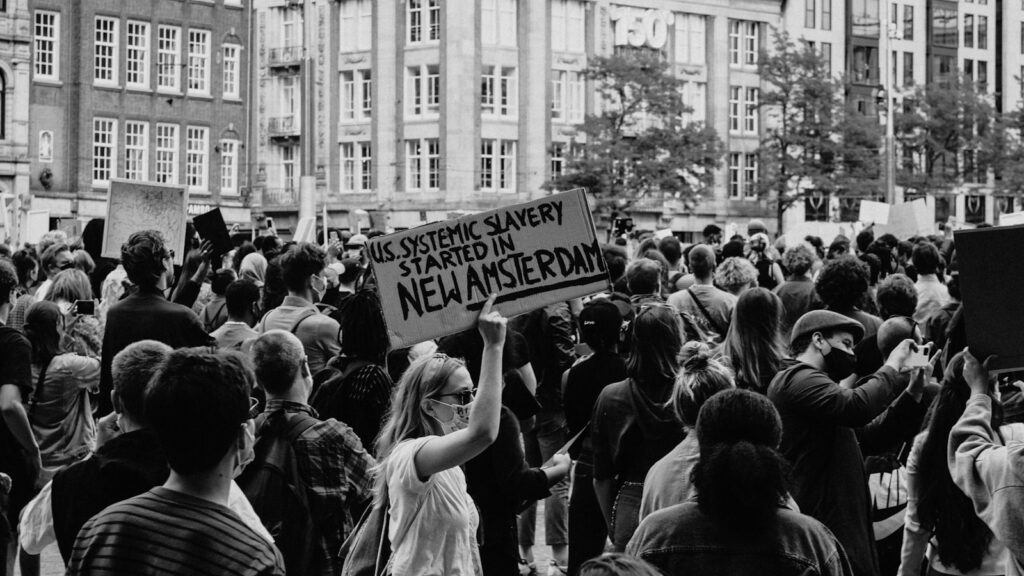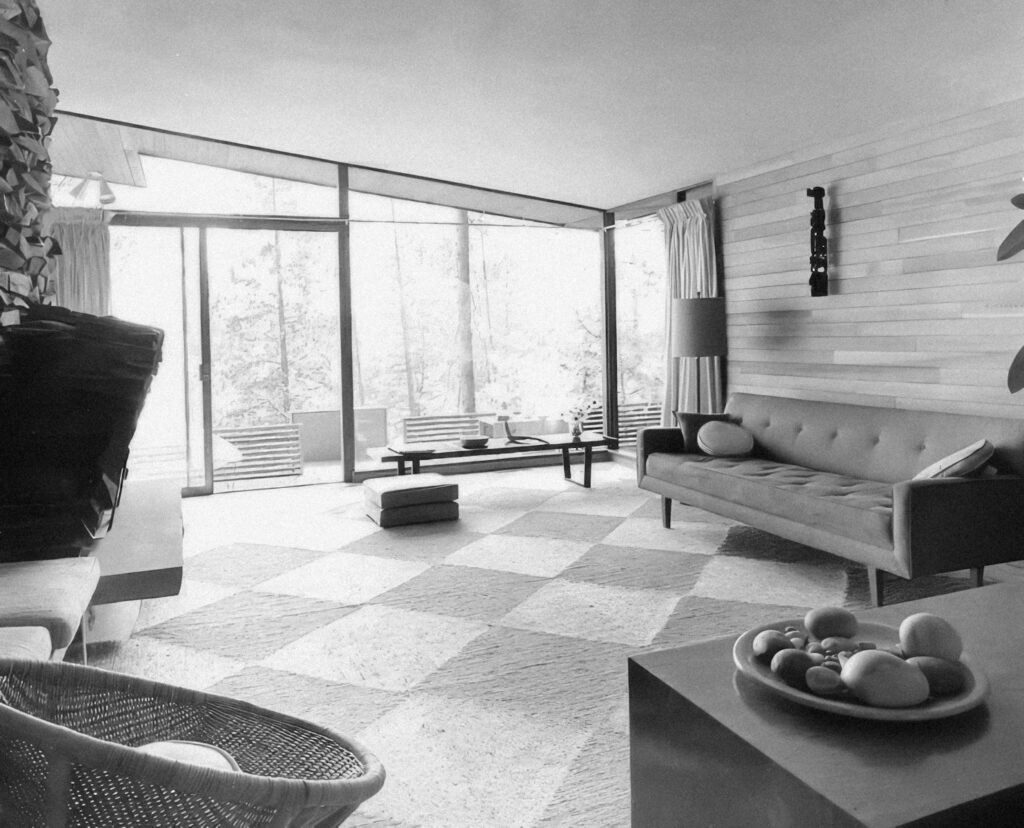The 1970s emerged as a decade defined by creativity, shifting values, and a renewed sense of cultural identity. Communities embraced music, art, and social change with an openness that influenced generations to come. Technological progress began reshaping communication and entertainment, while bold design movements captured global attention. From the growth of activism to iconic lifestyle trends, the 70s forged a legacy that remains influential today, offering a blend of progress, individuality, and cultural discovery.
1. Music’s Transformational Growth

Music in the 70s blended innovation and emotion, shaping global taste with genres like disco, funk, and classic rock. Studios adopted emerging audio technologies, improving sound quality and expanding production possibilities. Artists pushed boundaries, creating albums still celebrated today. Live performances grew larger as venues expanded, offering fans unforgettable experiences. The decade’s musical breakthroughs left a lasting imprint on modern culture and inspired future generations.
2. Fashion Becomes an Expression of Identity

Fashion in the 70s embodied individuality through bold colors, flowing fabrics, and creative silhouettes. Designers embraced freedom and drew inspiration from global art movements, reshaping everyday style. Textile companies expanded production to meet demand for denim, prints, and expressive accessories. People began dressing according to personality rather than strict tradition, creating a culture that celebrated uniqueness. These defining trends continue to influence today’s fashion world.
3. Television Shapes New Cultural Norms

Television in the 70s evolved quickly as networks introduced diverse programming that mirrored cultural and social shifts. Studios expanded production spaces and invested in improved filming technologies, enhancing the viewing experience. Families gathered each evening to enjoy comedies, dramas, and variety shows that defined the era. This decade set the foundation for storytelling formats and character-driven series that shaped the direction of modern television.
4. Film Enters a Revolutionary Era

Film in the 70s entered a bold and experimental era marked by visionary directors and daring themes. Studios invested in advanced editing systems and elaborate sets to support more ambitious narratives. Movies explored realism, societal tensions, and artistic freedom in ways previously unseen. Many iconic films from the decade remain influential, shaping filmmaking techniques, character development, and genre styles that continue to guide modern cinema.
5. Technology Begins Its Rapid Evolution

Technology in the 70s accelerated as early computing systems and electronic devices entered homes and workplaces. Companies built research labs to test prototypes that later sparked digital transformations. Communication tools have evolved, making daily life more efficient. Electronics became simpler and more accessible, opening doors for innovation. The decade laid essential groundwork for the digital age, acting as a bridge between analog methods and emerging modern technology.
6. Social Movements Gain National Strength

Social movements in the 70s empowered communities to advocate for equality, environmental protection, and broader representation. Public demonstrations and organized campaigns became increasingly common. People gathered in newly developed community centers, using them as spaces to express shared ideas. Awareness grew rapidly as the media amplified public voices. The era set the stage for modern activism, encouraging lasting discussions about justice, rights, and inclusion.
7. Architecture Embraces Modern Form

Architecture in the 70s blended futuristic ambition with functional urban development. Cities constructed cultural centers, civic buildings, and public plazas, many featuring geometric shapes and sweeping open spaces. Architects experimented with concrete textures and modernist design, leaving behind structures still admired for their originality. These buildings remain landmarks that reflect the decade’s creative spirit and its influence on contemporary architectural styles.
8. Automotive Innovation Speeds Forward

Automotive innovation surged during the 70s as manufacturers introduced improved safety features and more efficient engines. Factories expanded to support the growing demand for reliable, stylish vehicles. Environmental concerns led to early research into fuel efficiency and emissions standards. Designs are adapted to balance performance with practicality, shaping the look and engineering of future vehicles. The decade significantly influenced the automotive direction that followed.
9. Sports Culture Expands Dramatically

Sports culture thrived in the 70s as stadiums expanded and new arenas attracted larger crowds. Televised events brought national attention to teams and athletes, turning many into cultural icons. Training methods became more structured, improving athletic performance. Communities bonded over shared sports traditions, strengthening local pride. This era elevated professional sports into a global phenomenon and laid the foundation for modern fan culture.
10. Travel Becomes More Accessible Worldwide

Travel in the 70s expanded significantly due to upgraded airports, new terminals, and more affordable airfare. International tourism grew as people sought cultural experiences abroad. Countries invested in infrastructure to welcome increasing visitors. This era promoted exploration and connection, helping reshape global perspectives. Travel became a symbol of freedom and curiosity, influencing how future generations approached adventure and cultural exchange.
11. Education Adapts to a Modernizing Society

Education in the 70s underwent meaningful modernization as schools built new facilities and expanded academic programs. Teachers adopted innovative methods influenced by technological progress and changing social expectations. Students gained wider access to diverse subjects, while libraries and labs became central to learning. The decade strengthened educational foundations and encouraged thinking that extended beyond traditional classrooms, supporting long-term academic growth.
12. Home Design Reflects Changing Lifestyles

Home design in the 70s embraced nature-inspired colors, open floor plans, and innovative materials that mirrored evolving lifestyles. Suburban neighborhoods grew rapidly, offering families new environments centered on comfort and practicality. Appliances became more advanced, reflecting the era’s interest in efficiency. The aesthetic choices of the decade continue to influence modern interior design, proving how deeply the 70s shaped domestic spaces.
13. Environmental Awareness Gains Serious Momentum

Environmental awareness surged in the 70s as nations introduced regulations aimed at protecting air, water, and wildlife. Advocacy groups formed to promote conservation, while communities embraced recycling efforts. Governments created agencies focused on pollution control and sustainability. These foundational steps sparked long-term environmental movements and encouraged global responsibility. The decade set essential precedents for modern ecological policies and activism.
14. Literature Captures a Changing World

Literature in the 70s reflected the cultural and political shifts shaping society. Publishing houses expanded their operations, supporting voices exploring identity, conflict, imagination, and social change. Authors pushed boundaries, creating works that questioned norms and broadened perspectives. Many influential novels and essays emerged during this decade, leaving lasting impressions on readers and shaping literary conversations well into the future.
15. Community Life Strengthens Social Bonds

Community life in the 70s thrived through local events, neighborhood gatherings, and newly developed public spaces. Cities built recreation centers and parks that encouraged social interaction. Families and friends participated in traditions that deepened unity and belonging. The decade emphasized togetherness and collective identity, creating bonds still celebrated today. These shared experiences helped shape a warm, connected social atmosphere that defined the era.
Comments